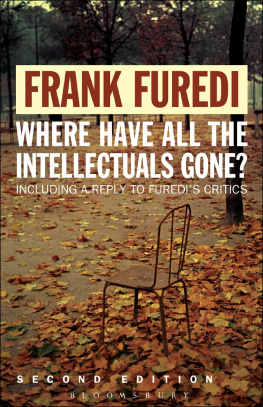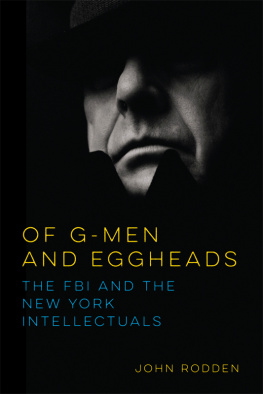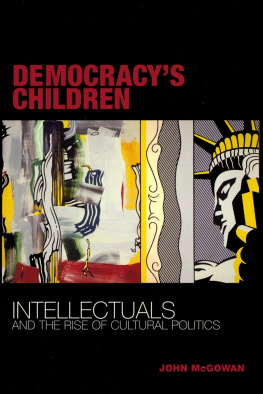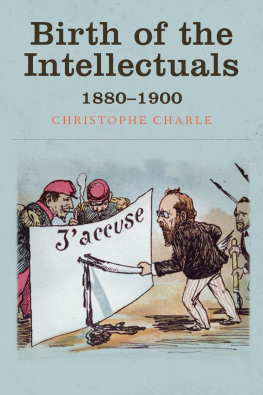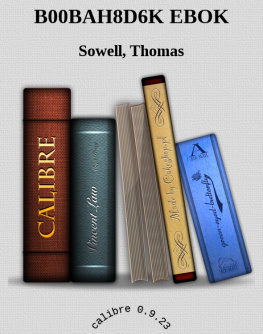Intellectuals and Cultural Policy
Intellectuals and policy analysts might appear to inhabit two different worlds. Intellectuals aspire to articulate issues of universal concern; policy analysts attend to the detail of specific measures and programmes. Intellectuals point to the kingdom of ends; policy analysts to that of administrative means. Intellectuals speak truth to power; policy analysts sharpen the instruments of government. Intellectuals clash ostentatiously on the stage of politics; policy analysts, when they are drawn into government, pull hidden levers in the corridors of power. Intellectuals stand accused of seeking self-publicity; policy analysts of eluding public scrutiny. But how far do these common assumptions match up to reality? What happens when intellectuals engage with cultural institutions and the machinery of government? And how far is cultural policy connected to a history of ideas?
The essays brought together here attempt to answer these questions. From the English Romantics to Lenins wife, from Plato to Herbert Schiller, this book offers new insights into how intellectuals from Europe, Canada and North America have sought over time to assert their cultural values in public life.
This book was previously published as a special issue of the International Journal of Cultural Policy.
Dr Jeremy Ahearne is Reader in the Department of French Studies at the University of Warwick.
Professor Oliver Bennett is the Director of the Centre for Cultural Policy Studies at the University of Warwick.
Intellectuals and Cultural Policy
Edited by
Jeremy Ahearne & Oliver Bennett
First published 2007 by Routledge
2 Park Square, Milton Park, Abingdon, Oxon OX14 4RN
Simultaneously published in the USA and Canada by Routledge
711 Third Avenue, New York, NY 10017
Routledge is an imprint of the Taylor & Francis Group, an informa business
2007 Jeremy Ahearne & Oliver Bennett
All rights reserved. No part of this book may be reprinted or reproduced or utilised in any form or by any electronic, mechanical, or other means, now known or hereafter invented, including photocopying and recording, or in any information storage or retrieval system, without permission in writing from the publishers.
British Library Cataloguing in Publication Data
A catalogue record for this book is available from the British Library
Library of Congress Cataloging in Publication Data
A catalog record for this book has been requested
ISBN 10: 0415420903 (hbk)
ISBN 13: 9780415420907 (hbk)
Contents
Jeremy Ahearne and Oliver Bennett
Oliver Bennett
Chris Bilton
Harro Maas
Charles R. Acland
William J. Buxton
Jim McGuigan
Graham Murdock
Eleonora Belfiore
Christopher Read
W. John Morgan
Laurie Koloski
Rob Burns and Wilfried van der Will
Jeremy Ahearne
David Looseley
Intellectuals and policy analysts might appear to inhabit two different worlds. Intellectuals aspire to articulate issues of universal concern; policy analysts attend to the refractory detail of specific measures and programmes. Intellectuals point to the kingdom of ends; policy analysts to the netherworld of administrative means. Intellectuals speak truth to power; policy analysts sharpen and recalibrate the instruments of government. Intellectuals clash ostentatiously on the stage of politics; policy analysts, when they are drawn into government, pull hidden levers in the corridors of power. We accuse intellectuals of seeking self-publicity and policy wonks of eluding public scrutiny.
This framework of commonplaces is not entirely misleading. Its principal interest, however, resides in the incitement it provides to seek interferences between the poles of such manifest dichotomies. The purpose of this and the next issue of the journal is to explore, precisely, instances where public intellectuals complicate these apparently clear-cut divisions between critical and practical thought, or between cultural politics and cultural policy.
The papers in these issues have their origin in a conference on Intellectuals and Cultural Policy, funded by the Centre for Cultural Policy Studies at the University of Warwick and held at Coombe Abbey, Coventry, in September 2005. The conference was a natural development of the Centres research interests and was also to some extent inspired and provoked by an earlier conference on arts policy and the history of economic thought, hosted by Duke University, North Carolina, in 2002. A selection of papers from the Duke conference have recently been published in a special edition of the History of Political Economy (vol. 37, no. 3, 2005), which in some respects can perhaps be read as a companion volume to these issues of the IJCP.
The papers presented here offer a series of case studies across different historical epochs and national contexts (the USA, Canada, Western and Eastern Europe, Russia). Some contributions analyze general tendencies within given national historical contexts (the UK, France, Poland). Most focus on individual figures while taking care to account for these within the national and historical settings in which they have operated (Richard Hoggart, Jrgen Habermas, Hilmar Hoffmann, Antoine Hennion, Emanuel Boekman, Plato, Jane Addams, Herbert Schiller, Harold Innis, Fernand Dumont, Nadezhda Krupskaya, Georg Lukcs). These studies do not necessarily seek to collapse all distinctions between the practices of critical reflection and policy engagement. Some, on the contrary, accentuate points of incompatibility.
It does not make much sense at this stage to set up overarching meta-definitions of the intellectual and cultural policy. Among the most interesting things revealed by the collection as a whole are the different kinds of socially and politically definitional work that has gone on around such terms in different national contexts. Moreover, the discussion between contributors around preliminary versions of their articles revealed considerable and stimulating divergences of view. It is worth, however, articulating something of the sentiment that encouraged us to collect together these articles in the first place. Where public intellectuals take up cultural policy positions with little sense of the constraints that bear down upon the policy field, their pronouncements are prone to lapse into vapid generality. On the other hand, without the abrasive and essentially non-expert input of autonomous public intellectuals, the cultural policy process is liable to become an altogether more arid and sterile affair, a simple means to a means.
Jeremy Ahearne
Oliver Bennett
Editors
Oliver Bennett
Introduction
In this paper, I shall be looking at the relationship between intellectuals, Romantics and cultural policy in England, with particular reference to the work of William Wordsworth (17701850) and Percy Bysshe Shelley (17921822). Before I do this, however, I would like, by way of introduction, to rehearse the general questions that this cross-national study of intellectuals and cultural policy throws up. Some of these questions are addressed explicitly in this and other papers in these two issues of the journal; others will arise implicitly in the contrasts and the comparisons that emerge from our combined efforts.
First of all, it is necessary to determine what one means by intellectual and why the person or persons under discussion merit the denomination. It is also necessary to make explicit the sense in which one is using the term cultural policy a fairly recent construction, which has different associations in different languages and is often applied anachronistically. The coupling of intellectuals and cultural policy assumes that there is actually a relationship, but this needs to be established. If it can be established, what is its nature? Is it a relationship circumscribed by its time or has it left a legacy? If the latter, what is the nature of the legacy? Is it explicit or have the ideas persisted only in unstated institutional assumptions? How can such legacies be explained?



